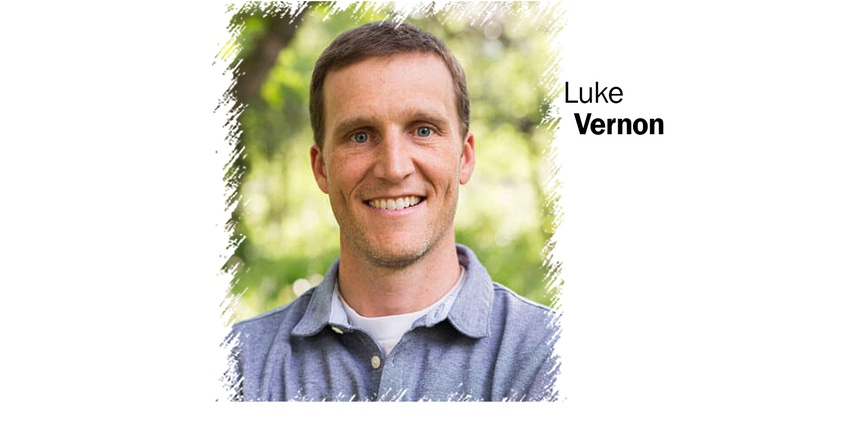The COVID-19 pandemic has created an uncertain economic situation for manufacturers.

As black and white as this question is, the answer is not.
For the purpose of this article, let’s break the term “investors” into two different classes: angel investors and investment firms (venture capital and private equity firms). Angel investors typically write smaller checks into earlier stage companies. Investment firms usually write larger checks, sometimes into early stage companies and sometimes into companies that are further along.
Angel investors
With the stock market plummeting as quickly as it has and with the continued volatility and uncertainty in the economy, those factors impact the decision criteria of angel investors as they evaluate their portfolio construction and if they want additional exposure to risky asset classes (i.e. early stage brands).
Many angels are currently focused on (1) keeping their family safe, (2) figuring out a strategy for their public market investments, and (3) hoping the private companies they previously invested in will survive. They generally aren’t looking for more risk in a time of uncertainty.
However, as the clouds start to part and the stock market volatility calms, some savvy angel investors will be looking for opportunities to invest as valuations are compressed. That time may not come for a few more months. That said, you may not be competing with another private company for an angel’s money. You may be competing with the opportunity cost of them investing their money in the stock market while it’s at a low. You will have to show how investing in your company can get them a better return than investing in the stock market when it’s at a 5-year low.
While there probably are some angels who are still comfortable investing in early stage brands that are benefiting from the impact of COVID-19 in the immediate future, I’d confer that the likelihood of securing a new angel investor over the next couple of months is significantly lower than what it has been in the past. You’ll have to have a much broader network and hold many more calls with prospective investors to get the same result. You’ll also be faced with deals falling through at the last minute—as an angel investor gets closer to writing a check to an early stage company and is simultaneously faced with a decline in their overall portfolio from the stock market performance.
If you currently have angel investors in your company, take their temperature on their outlook. They may respond differently than new prospective angel investors with whom you don’t yet have a relationship.
Investment firms
While many food companies are experiencing record demand as consumers stock up, companies in other industries are undergoing extreme cost-cutting measures in an effort to survive.
This is important to consider because most investment firms are in a state of triage with their portfolio and many firms invest across industries. For those firms that invest across industries, they are going through internal evaluations right now to determine which companies have the greatest chance of survival, which companies will be in the strongest position to succeed when this is behind us, and which ones can deliver outsized returns to make up for the potential losses they may take on other companies that don’t survive.
These difficult decisions are all-consuming. It’s the No. 1 priority for most firms, which makes evaluating new deals a second priority.
However, the good news is that investment firms still have capital to deploy. In speaking with many fellow investment firms, a lot of groups are taking a wait-and-see approach–from their perspective, there’s little risk in pausing new investments for 30-60 days to see what happens with the economy. For that reason, the second quarter of 2020 could be really slow for new investment activity.
That said, investment firms are opportunistic. Firms won’t stop looking at deals, they’ll just be more selective. So don’t stop your fundraising process. Just temper your expectations on how long it will take and don’t be discouraged if firms want to reconnect in a couple of months.
Also, investment firms that are heavily focused on food may be more bullish overall. If all of their companies are doing really well right now, they might be more inclined to continue with investment activity as normal. But again, even focused food investors may want to slow play it over the next 30 days and may have more strict criteria.
When the economy shows signs of rebounding, firms with dry powder will be ready to pounce. Be prepared for a stricter set of expectations though: downward pressure on valuation. More focus on being cash flow positive and profitable. More diligent with regards to cash burn, expense management, gross margin and working capital. More scrutiny over the type of product relative to discretionary consumer spending. And certainly more diligent with respect to supply chain risk.
Internal vs. external round
If you’ve previously raised money, clearly the best investors for you to be talking with right now are your current investors. If you haven’t spoken to them recently, now is a great time to call.
A time like this is why it’s so important to maintain positive relationships with your investors, to communicate with them regularly and to treat them like partners. They have money when you need it. And most investors don’t want to just be called when someone is asking for money.
Conserve your cash
Now is the time to scrutinize all expenses. To ask suppliers for better payment terms. To focus on gross margin improvement. Do everything you can to conserve your cash. That should be your No. 1 focus for the remainder of the year.
I have empathy for every entrepreneur and CEO right now. This is not an easy time to lead a company, but it will surely make you stronger and will make you a better leader.
Stay after it and stay healthy. We will get through this. #inittogether
Luke Vernon is a Managing Partner of Boulder-based Ridgeline Ventures, an investment firm in healthy living and active lifestyle companies. He’s a former executive- and entrepreneur-turned-investor and he also founded Luke's Circle which helps emerging companies find top talent.
Have some big ideas or thoughts to share related to the natural products industry? We’d love to hear and publish your opinions in the newhope.com IdeaXchange. Check out our submission guidelines.
About the Author(s)
You May Also Like




